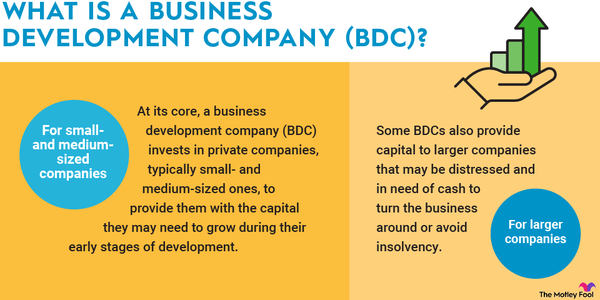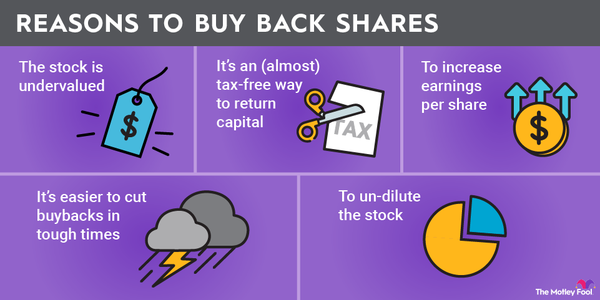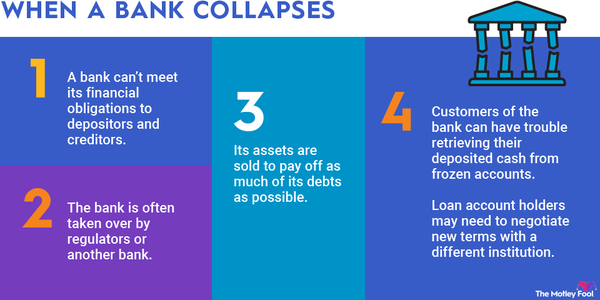Whether you're a contractor bidding on a job or a person who is handling contractor bids, understanding bid bonds and their purpose in the construction ecosystem is vital. While they may not have a huge influence on investors, they do make a massive impact on the industry as a whole. Read on to learn more.

What is a bid bond?
What is a bid bond?
Bid bonds are used when companies are bidding on jobs, primarily those provided by government or public entities. These bonds help ensure that the job will be completed by guaranteeing funding for the project. They also help to eliminate bidders who are not serious or experienced enough to actually finish the job.
Bid bonds are secured by third-party guarantors and are based on the availability of a cash deposit for a percentage of the bond, the credit history of the company, financial statements, and the company's experience in the sector, such as for road projects or building government-owned office complexes.
Parties involved in a bid bond
Parties involved in a bid bond
There are three parties involved in a bid bond, regardless of the specific type of bid or nature of the project. These are:
- Obligee. The obligee is the person, company, or entity that's accepting bids for their job. They hire the contractor and request the bid bond, setting the terms and conditions of the bond.
- Principal. The principal is the person or company who has to purchase the bond to bid on the open job. The bid bond is meant to show their seriousness and ability to ensure the job will be completed.
- Surety company. A surety company issues the bond. It examines the principal's financials and professional experience. In exchange for the bond, it receives a premium based on how likely it is that the bond will end up being cashed in. A principal cannot issue their own bid bonds; the third party is necessary to keep everything above board.
Bid bonds vs. performance bonds
Bid bonds vs. performance bonds
Bid bonds are necessary at the bidding stage of a contracted job, but they're not the only bonds that will be needed if your bid is accepted. If you're the chosen contractor, your bid bond will be replaced by a performance bond, sometimes called a performance and payment bond, which covers the quality and scope of the work promised.
If your company fails to perform the work that you bid on and won in the time specified and to the terms agreed upon, the performance bond will allow the surety company to compensate the obligee. (The surety company will likely come after you for the damages it paid out, so don't think this is a get-out-of-jail-free card.)
Related investing topics
What is the Miller Act?
What is the Miller Act?
The Miller Act was passed by Congress in 1935 and requires that contractors who bid on jobs for the federal government secure bonds that guarantee their work. This applies to any jobs where the project value is more than $100,000.
The many bonds involved in government contracts are meant to protect the federal government's interest in the job, as well as any money laid out by outside investors. They also ensure that the job is actually completed, either by the contractor who won the bid or another party who, under the terms of the bond, is brought in to make things right.
If you're an investor in one of these projects, perhaps through the purchase of municipal bonds, the Miller Act protects you. You can be reasonably assured that your investment will be returned, since the project is bonded and is in every way as guaranteed through to completion as possible.











































































